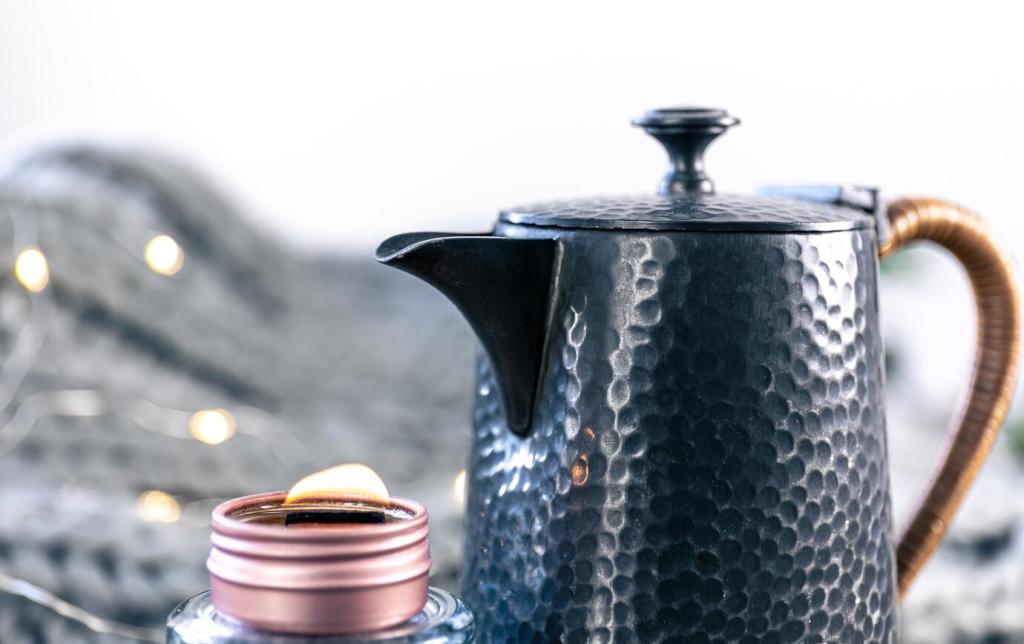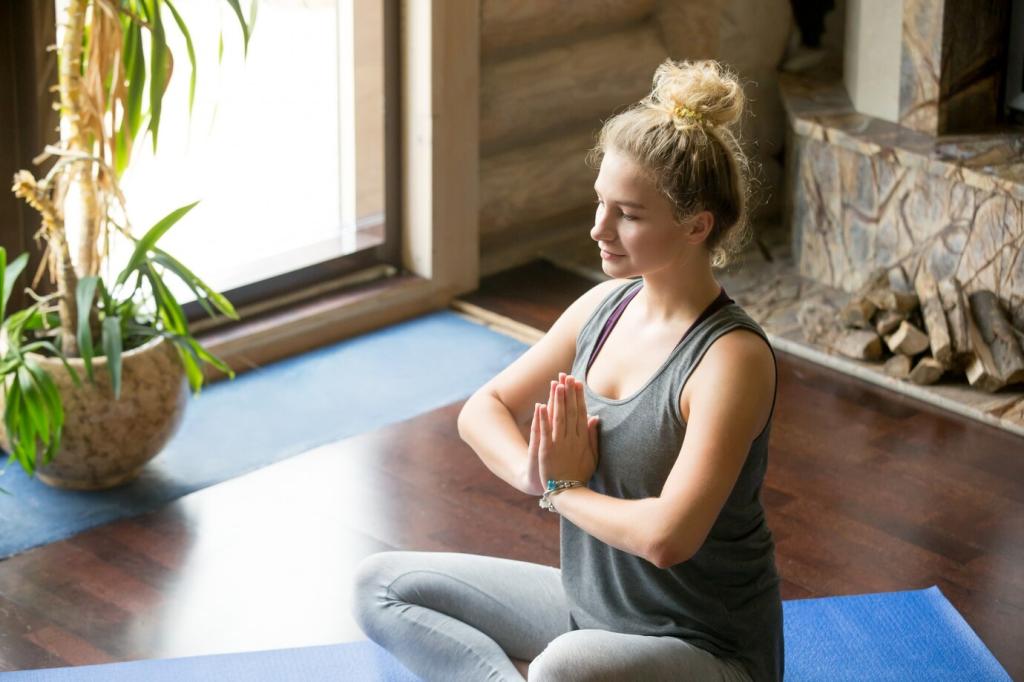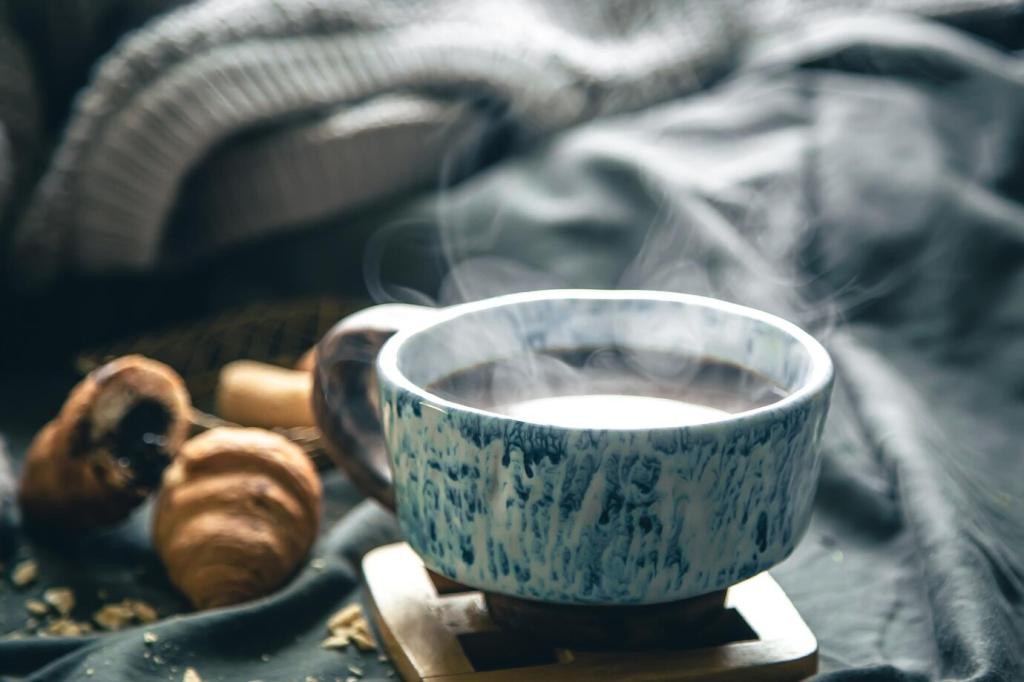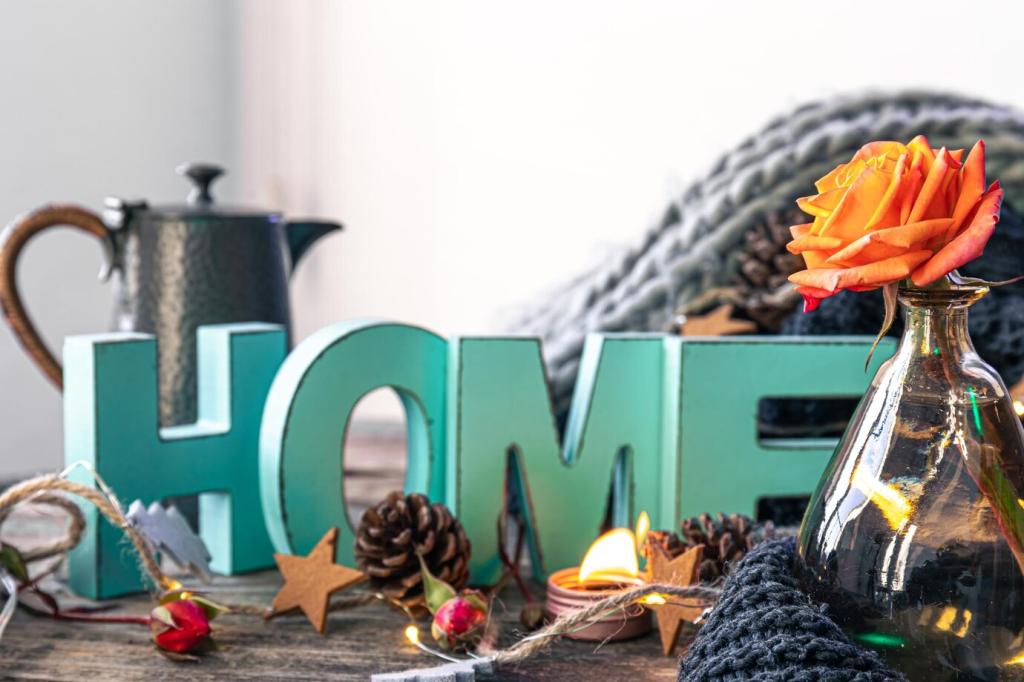Calm Creativity: Functional Scandinavian Storage in Art Therapy



Welcoming Threshold Design
Create a soft landing with open pegs for coats and concealed cubbies for bags. This gentle transition signals safety and structure, reduces visual distractions, and marks a clear psychological shift from outside noise into mindful, creative presence.
Creation Zone on Wheels
Use rolling caddies for paints, clay, and tools so the workspace adapts to each client. Scandinavian modularity makes it effortless to bring resources closer or farther, honoring sensory needs without sacrificing order or accessibility during sessions.
Cleanup as Therapeutic Closure
Position labeled trays and drying racks within easy reach. The final minutes become a ritual: return, wipe, breathe. This predictable sequence offers containment, respects the artwork, and reinforces a sense of competence before the client re-enters daily life.

Sustainable Choices that Support Healing
Low-Tox Finishes and Breathing Easy
Choose VOC-free finishes and natural oils to avoid harsh odors that can trigger headaches or anxiety. Scandinavian products often prioritize these standards, helping keep sessions comfortable and respecting clients with sensitivities or trauma histories linked to scent.
Reused with Intention
Refurbish solid wood shelves and organize with repurposed glass jars or sturdy paper bins. Thoughtful reuse models resilience and care, turning storage itself into a story about transformation—an echo of what clients practice through their creative processes.
Your Sustainable Swap?
What is one storage item you could replace with a longer-lasting, lower-tox alternative this month? Tell us below, and subscribe for a checklist of vetted Scandinavian-inspired options appropriate for therapy studios and mobile programs.
Pegboards and Vertical Reach
Install a pale-wood pegboard with adjustable shelves and hooks for scissors, tapes, and palettes. Keeping tools visible yet orderly reduces rummaging, shortens transitions, and helps clients maintain attention while you guide them through choices with calm, steady pacing.
Fold, Tuck, and Slide
Use fold-down tables, under-bench drawers, and slim rolling carts that slide between cabinets. These pieces expand when creativity swells and disappear when sessions end, preserving clean sightlines that keep small rooms feeling generous rather than cramped.
Lina’s Nine-Square-Meter Turnaround
An art therapist named Lina reorganized her tiny room with stackable birch crates and a foldable worktop. Clients reported feeling “unhurried” despite the size, and Lina gained ten extra minutes per session simply by cutting tool-hunting and cleanup time.
Inclusive, Trauma-Sensitive Storage
Safety by Design
Choose rounded corners, soft-close hinges, and tip-resistant frames. Transparent bins prevent startling discoveries, while child-height shelves encourage independence. The environment communicates respect, allowing clients to approach materials with curiosity rather than guarded caution.

